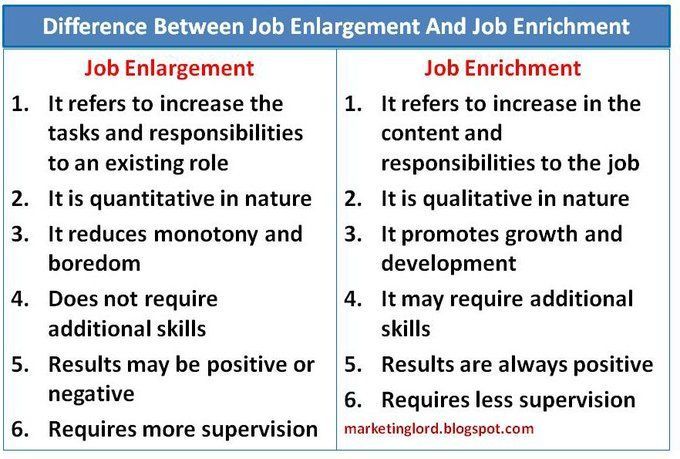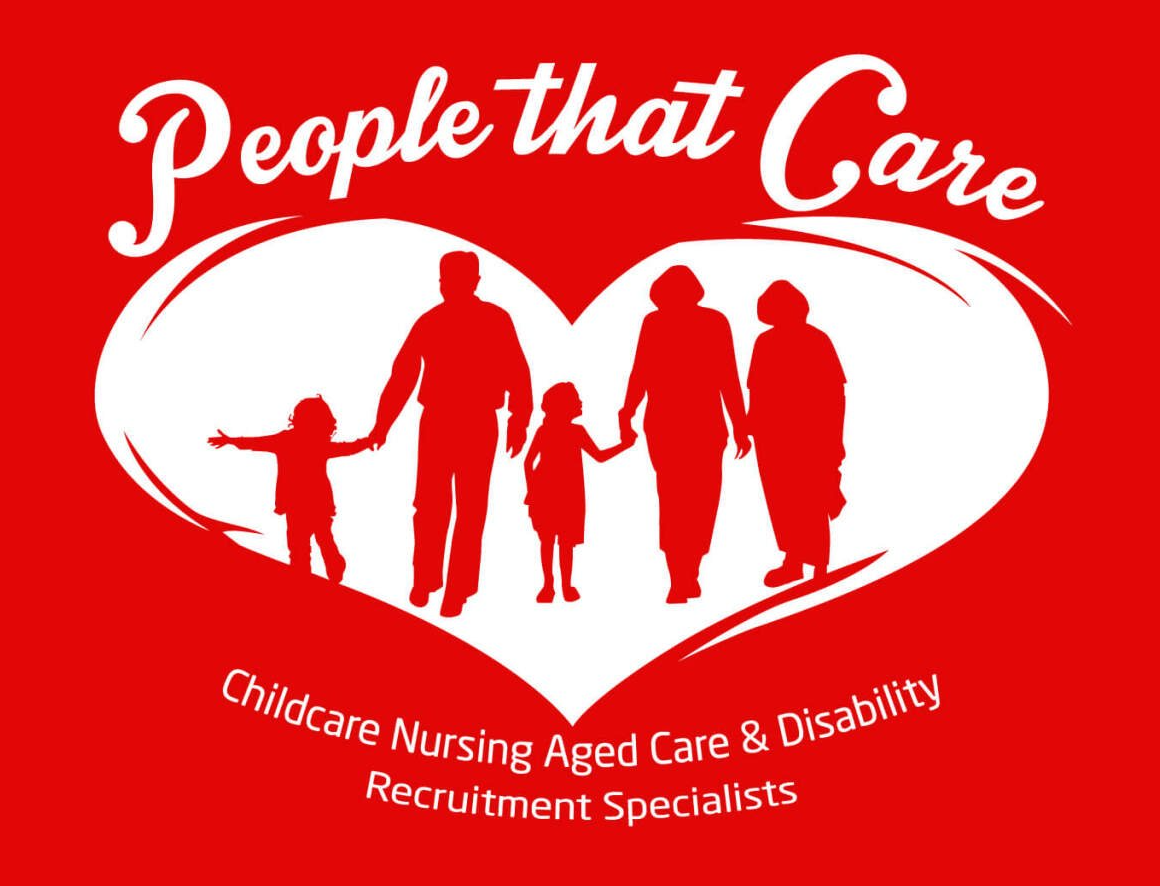Your Complete Guide on How to Become a Childcare Worker
Childcare professionals provide supportive care to children in a variety of age groups. These caregivers use their talents and special training to lead children in engaging activities that promote learning and social growth. If you enjoy caring for young children and guiding their early development, working as a childcare professional may be a fulfilling career choice. In this article, we explain how to become a childcare worker, share the common job duties of this position and provide other details about the profession.
What is a childcare provider?
A childcare provider is a professional who nurtures, instructs and supervises children. These professionals work with children ranging in age from infancy to early school years. Childcare providers find employment in a variety of settings, including schools, government facilities and childcare centres. They oversee the daily activities of children, including education, play and hygiene. They also work in collaboration with parents and other professionals to create a positive and supportive experience for children and their families.
Childcare professionals may work in any of the following environments:
- after school care facilities
- schools
- daycare facilities
- hospitals
- private residences
- crѐches
- kindergartens
- women's shelters.
What does a childcare provider do?
Childcare professionals take part in a range of activities to provide enrichment for children. They fill the role of educator and caretaker, working alongside parents to ensure kids show healthy behaviour and development.
Here are the common tasks childcare professionals complete while working:
- supervise children during recreation and educational activities
- create and maintain an environment that encourages safe play and learning
- instruct children in age-appropriate lessons and concepts
- manage behaviour and social interaction between children
- help children develop emotionally and socially
- prepare instructive lessons and activities
- understand and practise procedures related to child safety
- assist children in hygiene care
- track a child's progress through assessments and observation
- identify any developmental issues and challenges and share concerns with the appropriate parties
- talk to parents and other professionals about a child's needs and progress
- prepare and serve nutritious meals to children in your care
- lead children in games and other recreational activities
- administer first aid and provide care for minor injuries.
How to become a childcare worker
Working in childcare requires specific certifications and training. Use these steps when learning how to become a childcare worker:
1. Obtain your licence
Please note that none of the companies mentioned in this article are affiliated with Indeed.
Anyone working with children, both professionally or on a volunteer basis, is required to complete a Working With Children Check (WWCC) before starting a job in childcare. You can apply for this mandatory certification online, which includes a national police check to verify your background. Check with your province or territory for specific procedures, fees and processing times. To apply, prepare your proof of identity documentation and fill out the correct forms through your local government website. The WWCC may take several weeks to process.
2. Complete a certificate or diploma
To qualify for a position as a childcare provider, select the appropriate training courses that fit your preferred level of expertise. Prepare to work with children professionally by completing one of the following programs:
- Certificate III in Early Childhood Education and Care: Earning this certificate prepares you to interact with children and provide learning and recreational activities for their educational and social growth.
- Certificate IV in School Age Education and Care: This professional certification prepares you to facilitate before and after-school programs.
- Diploma of Early Childhood Education and Care: This is a VET diploma that gives you the skills to work in supervisory childcare roles.
3. Get a first-aid certification
Learning first aid can help prepare you to care for children's physical needs in the case of injuries or allergic reactions. Courses offer practices that meet Australian Resuscitation Council guidelines. Some courses add the component of specific CPR training as well. This additional certification proves that you're prepared for any emergency situations through official training methods.
4. Prepare for your job search
As you prepare to apply for jobs, compose your resume to highlight your key skills and training related to childcare. Describe your educational experience and provide details about volunteer activities and previous work experience, especially as it relates to working with children. If you're applying for your first professional position, using unrelated work experience is acceptable to prove your ability to complete job responsibilities.
5. Gain experience
You can begin working in a childcare facility in an entry-level role, such as an aid or assistant. Once you start using your skills and training, you can move into a position requiring more responsibilities. You can also increase your expertise with additional training programs. Look for internship possibilities that provide you with guided learning on the job.
Childcare provider skills
To excel as a childcare provider, use and grow the following skills:
- Communication: Childcare providers must be able to communicate clearly with parents, children and colleagues. It's important for childcare professionals to understand how to instruct children using simple language and concepts.
- Teaching abilities: As childcare positions often involve educating children along with supervisory duties, teaching skills are an important asset for those who want to work in this profession. Knowledge of classroom structure and lesson planning help care providers support a child's learning.
- Computer skills: Childcare professionals who work in daycare facilities use basic computer skills to create and share lessons and communicate with parents or other team members using email and software applications. Childcare professionals may also use computerised check-in systems as parents bring children in and pick them up at the end of the day.
- Interpersonal skills: since childcare professionals work with people throughout the day, they need strong interpersonal skills. They must be able to build trusting relationships with children and parents and interact respectfully with colleagues.
- Listening skills: To fully understand parents' needs and colleagues' requests, childcare professionals need excellent listening skills. They use active listening to engage with children by understanding their needs through body language and speech.
- Patience: Childcare professionals need patience to work with young children with diverse needs, demands and maturity levels. Patience can also help them respond to conflict and behaviour challenges.
- Stamina: Professionals who work with babies and young children move around constantly. Physical endurance helps you stand for long periods while instructing and supervising children, both indoors and outdoors.
Childcare provider salary
Salary figures reflect data listed on Indeed Salaries at the time of writing. Salaries may vary depending on the hiring organisation and a candidate's experience, academic background and location.
Childcare providers earn an average salary of $58,536 per year. Depending on your educational background and experience, you may be able to earn more. Location also plays a role in determining your salary. Here are some locations that may pay more for childcare positions:
- Melbourne VIC: $61,294 per year
- Perth WA: $60,178 per year
- Blacktown NSW: $59,631 per year.
Childcare provider work environment
Childcare providers perform their jobs in several different settings. Many professionals in this field work at childcare facilities, which may include separate rooms for children in various age groups. In these cases, childcare providers may be subject to state regulations that determine the number of infants and toddlers they can supervise at a time. Since childcare facilities operate outside of normal business hours to accommodate parents' needs, childcare providers may work a variety of staggered shifts throughout the week.
Those who work as nannies typically work in their employer's homes. Nannies may also transport children to school, appointments or other locations. These childcare professionals usually do their jobs while their employers are at work, and they often work overtime to accommodate their employers' needs. Some nannies may work on weekends, in the evenings or even on family vacations.
Is childcare a good career?
Working in childcare can provide a uniquely fulfilling career. Jobs in childcare involve daily interaction with children, giving you the chance to nurture and provide for their development. Childcare opportunities continue to grow, providing stable job security. This profession also offers a chance to begin working in education with opportunities to move into higher-paying roles. Earning a diploma in early childcare education can also give you the chance to take on supervisory roles in care facilities.
Source: https://au.indeed.com/career-advice/finding-a-job/how-to-become-a-child-care-worker


